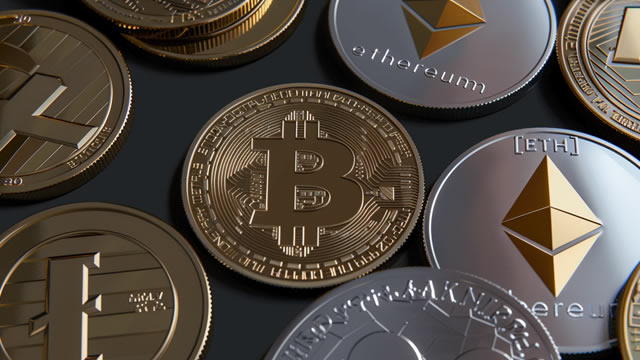
Crypto payments and digital assets in iGaming: key takeaways from SiGMA Rome
Crypto Reportergeneral
The latest edition of SiGMA Central Europe 2025, held in early November at Fiera Roma, highlighted how the iGaming sector is rapidly aligning with digital-asset infrastructure and next-generation payment technologies.
📋 Article Summary
Crypto Payments and Digital Assets Reshaping the iGaming Landscape: Insights from SiGMA Rome
The recent SiGMA Central Europe 2025 conference in Rome underscored the rapid integration of digital assets and next-generation payment technologies within the rapidly evolving iGaming sector. As the global gaming market continues its upward trajectory, driven by the surge in online and mobile platforms, the industry is increasingly aligning itself with the burgeoning crypto ecosystem.
At the heart of this transformation lies the growing demand for secure, fast, and borderless payment solutions that can cater to the diverse needs of iGaming operators and their increasingly tech-savvy customer base. Cryptocurrencies, with their inherent transparency, instantaneous transaction speeds, and global accessibility, have emerged as a natural fit for an industry that thrives on seamless financial transactions and cross-border engagement.
Industry experts at the conference highlighted the myriad benefits of integrating crypto payments into iGaming platforms. By embracing digital assets, operators can tap into a vast pool of crypto-native users, who are drawn to the enhanced privacy, lower fees, and lack of geographical constraints offered by decentralized finance. Moreover, the incorporation of cryptocurrencies can help mitigate the challenges associated with traditional banking and payment systems, such as high processing fees, lengthy settlement times, and regulatory complexities.
Beyond mere payment processing, the iGaming industry is also exploring the broader applications of blockchain technology and digital assets. The inherent transparency and immutability of distributed ledgers have the potential to revolutionize various aspects of the gaming ecosystem, from tamper-proof record-keeping and provably fair gameplay to the tokenization of in-game assets and the development of decentralized gambling platforms.
The integration of crypto and digital assets into iGaming is not without its challenges, however. Regulatory frameworks governing the use of digital currencies in gambling activities remain in flux, with policymakers grappling to strike a balance between fostering innovation and ensuring consumer protection. Furthermore, the volatile nature of cryptocurrency markets and the potential for illicit activities, such as money laundering, require robust compliance measures and stringent risk management protocols.
Despite these hurdles, the consensus at the SiGMA conference was clear: the marriage of crypto and iGaming is a symbiotic relationship that is poised to transform the industry. As the global gaming market continues to evolve, the adoption of digital assets and blockchain-based solutions will likely become a critical competitive advantage for forward-thinking operators, attracting a new generation of tech-savvy players and driving increased investment and innovation within the broader crypto ecosystem.